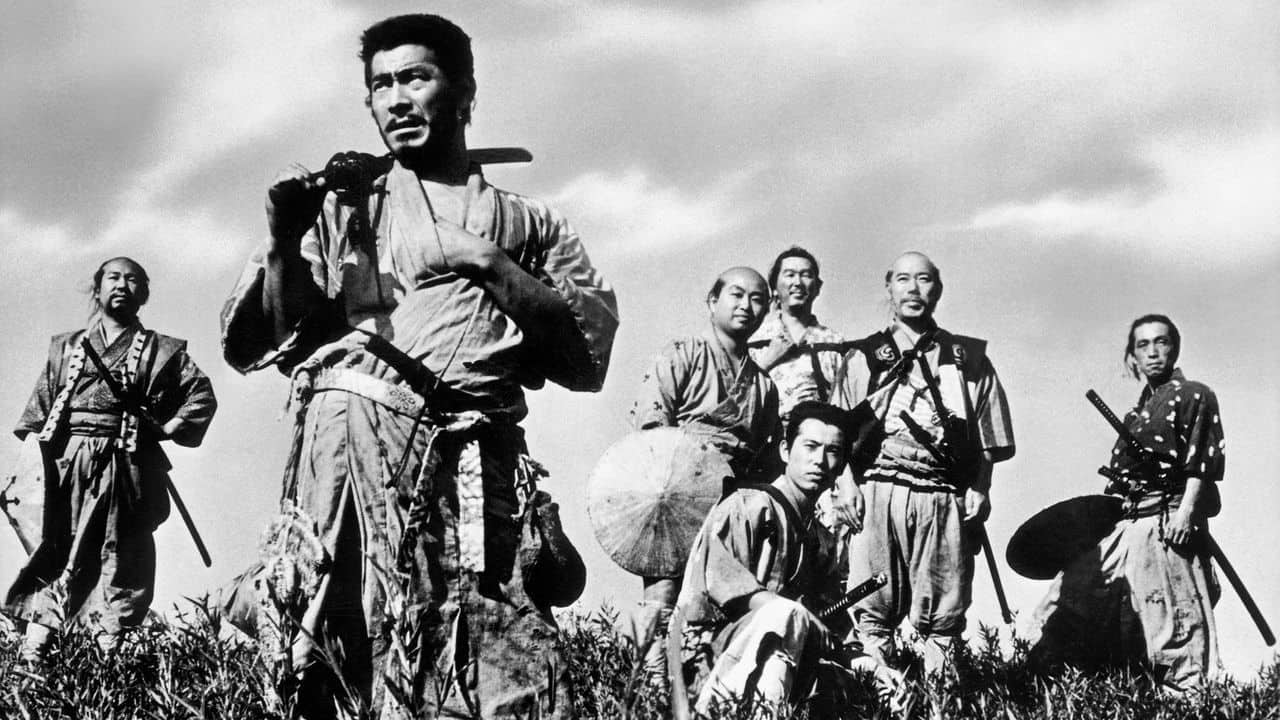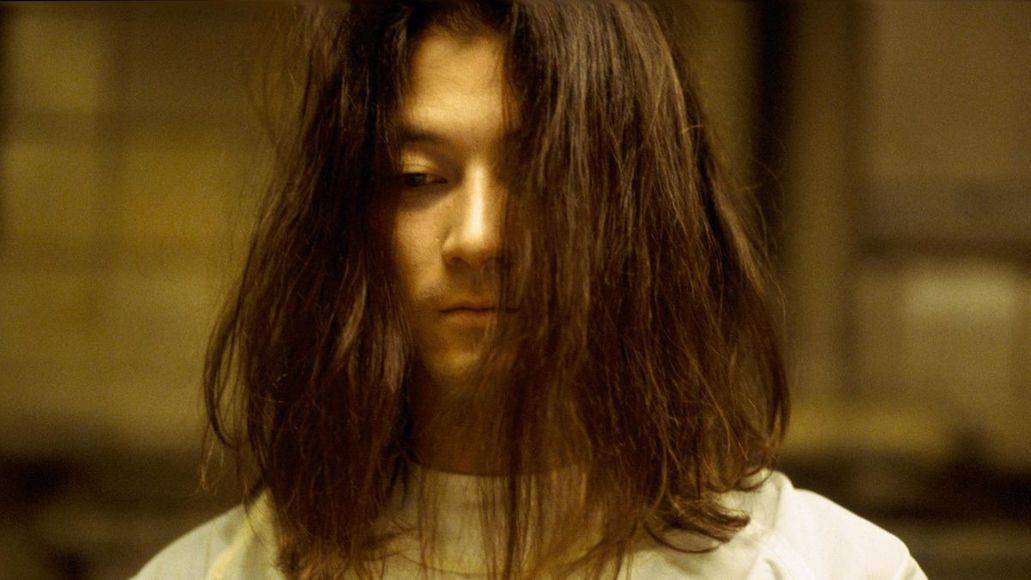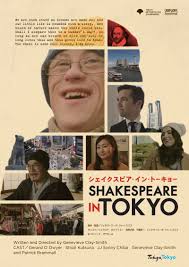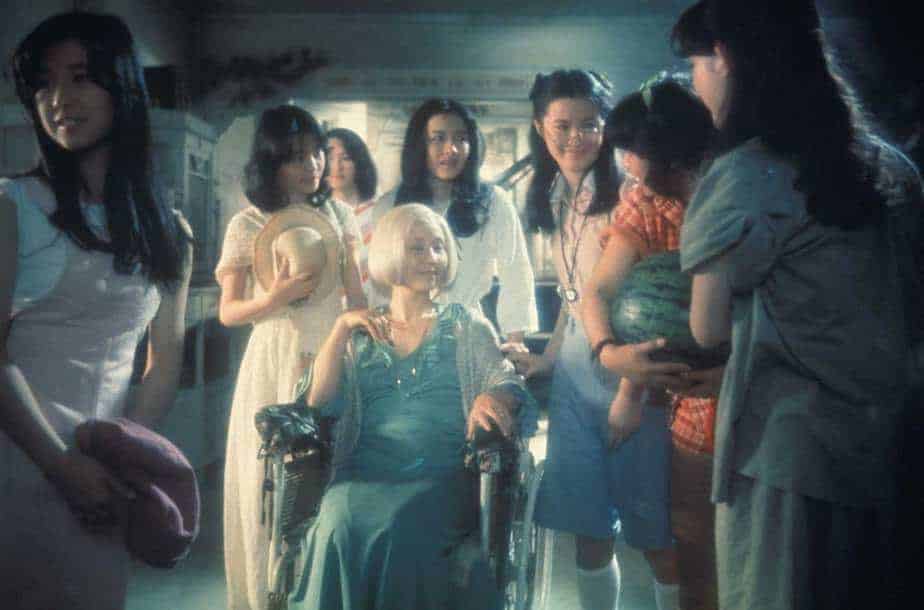Overcoming adversity and learning to stand on your own two feet is far from an original story in cinema and clichés perhaps become a little unavoidable. Genta Matsugami takes on the narrative from a feminist perspective for his debut feature, as a young woman seeks to take control of her life in a world of endlessly feeble men.
“Demolition Girl” is screening at Five Flavours Asian Film Festival
The opening credits look like some sort of foot fetish porn. And that's exactly what they are. Soon-to-be-eighteen Cocoa (Aya Kitai) has been working with her older brother's former comedy partner Kazuo (Hiroki Ino) in shooting videos. Largely involving crushing or playing with things with her feet, the shoots themselves are fairly harmless, but once packaged and passed-on to Kazuo's yakuza contacts, they are sold as fetish porn to willing customers.
It's a quick buck for Cocoa, who comes from a family where her mother is dead, her father (Yota Kawase) falsely claims benefits for his bad back and her older brother, Tokio (Kou Maehara), laments his failed comedy career; lounging around all day. Along with her part-time job working a food stall at a theme park, the false benefits and cash from the videos are the only income the trio have. But Cocoa is a smart young lady, and while not befitting her current situation, she develops ambitions to go to university to escape.

While her best friends Sakura (Haruka Imou) and Aiko (Yura Komuro) have loving families and financial stability, Cocoa will have to earn – in every way – her place in higher education. Her grades are good, but her finances are less so; her father gambling away her future. While the videos appear a way to earn the necessary funds, her quite literal schoolgirl error is to star in these videos in a small town wearing her school uniform. Word spreads fast, and this could blow her sole opportunity.
There are several things at play here for Matsugami. Firstly, there is something of a class divide shown between the life that Cocoa leads and that of her friends. Despite going to the same school and working at the same part-time job. Sakura and Aiko have the love, care and support of families to give them everything they need. Their older brothers picks them up after nights out; and they are able to spend money on a party for Cocoa's eighteenth birthday.
The difference between them is that coming from a home where nothing is given to her and she has to earn everything she has, Cocoa has more drive, determination and achievement than her friends. Her friends ask why she doesn't want to go to university, but the fact is she does, but her financial situation means she would rather avoid the disappointment of even trying.
However, she won't lie down, and Cocoa works hard and achieves good grades and recognition from her teachers. But while showing her pleasure at her friend's success, Sakura has an air of jealousy in her achievement, despite her status; and out of nowhere, Aiko announces she is pregnant – a better background not creating better behaviour.
Perhaps more importantly, however, is that “Demolition Girl” is very much a feminist film. All men are portrayed as useless and doing little to help Cocoa's situation. Her brother and father are deadbeats – the father not so much bad, just useless – with the parent's falsely claiming disability benefits, only to gamble all of the money away. Tokio is even worse, not contributing in any way to the family's finances, scrounging off his sister.
Her mother and aunt, however, are much more helpful towards her life. Her aunt reveals that her mother saved some money before she died to fund Cocoa's studies in the future. Unfortunately, however, she gave this money to her father; the money going the same way as his benefits, hence why he never mentioned it to her.

The other man in her life is her brother's former comedy partner Kazuo, but very much in the same way of Eiji Uchida's “Lowlife Love”, he is a man earning a quick buck from exploiting women now his attempts at a successful career have failed. Men are, therefore, useless or perverts – such is life – and will not contribute anything to Cocoa's long-term future. Cocoa is the film's only strong character.
As alluded to, “Demolition Girl” perhaps can't avoid some clichés along the way, with yakuza as your distribution point for pornography perhaps not resulting in good human resource management and workers' rights; Ryohei Abe's Yokoyama fairly typical of portrayals of small town yakuza. Aiko's announcement also seems thrown in to add more to the bucket of despair in Cocoa's life, as her life crumbles all around her.
But this is far from a major drawback, and perhaps as Ben Dimagmaliw comments, Japanese cinema is now often constrained in straying too far away from the tried and tested. But, a couple of overzealous moments of overacting – sometimes typical in Japanese cinema – aside, “Demolition Girl” is an accomplished debut for the director, novice cast and cinematographer Tomohiro Hori, keeping things largely simple but effective.

But Cocoa is determined to be her own woman and not be forced into decisions. The discovery of her starring in the videos blows her chance of escape, with the school overturning its decision to offer her a scholarship to study at university. But she takes full responsibility for her actions and will lead her own life. She refuses to squash living creatures with her feet after offers of more money to do so; she refuses stolen money; and her father gambling with her future seems far from an option she will rely on. Far from destructive, the Demolition Girl wants to make her own life, and she will do it legitimately and on her own.















